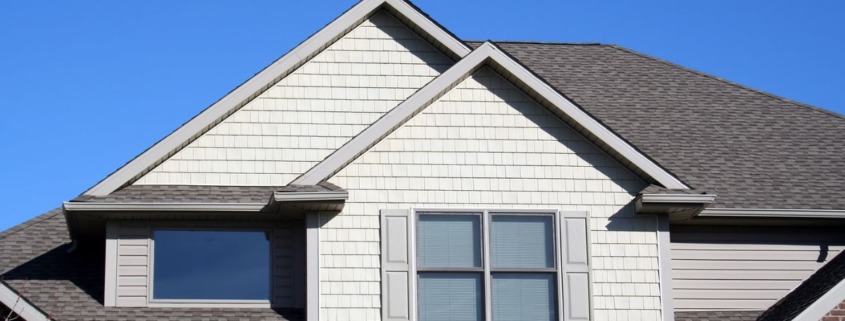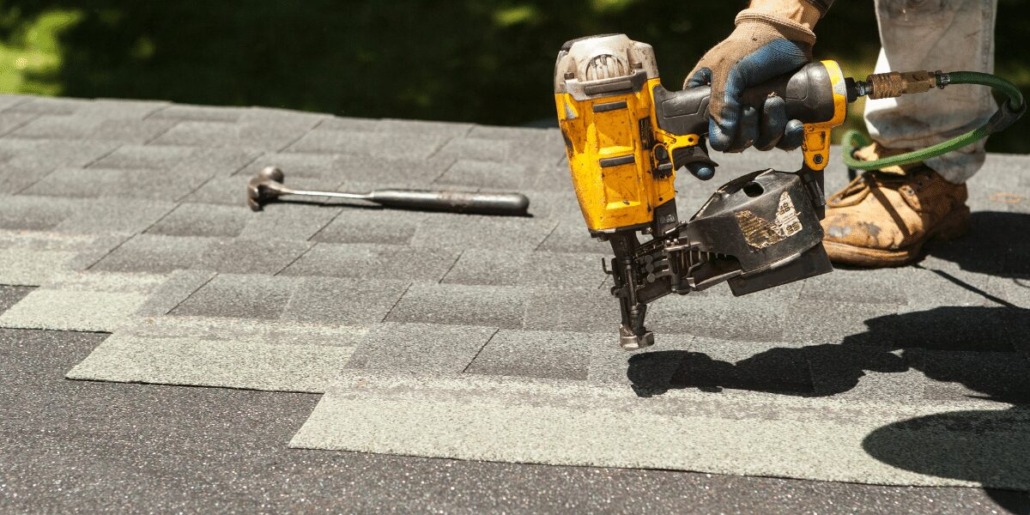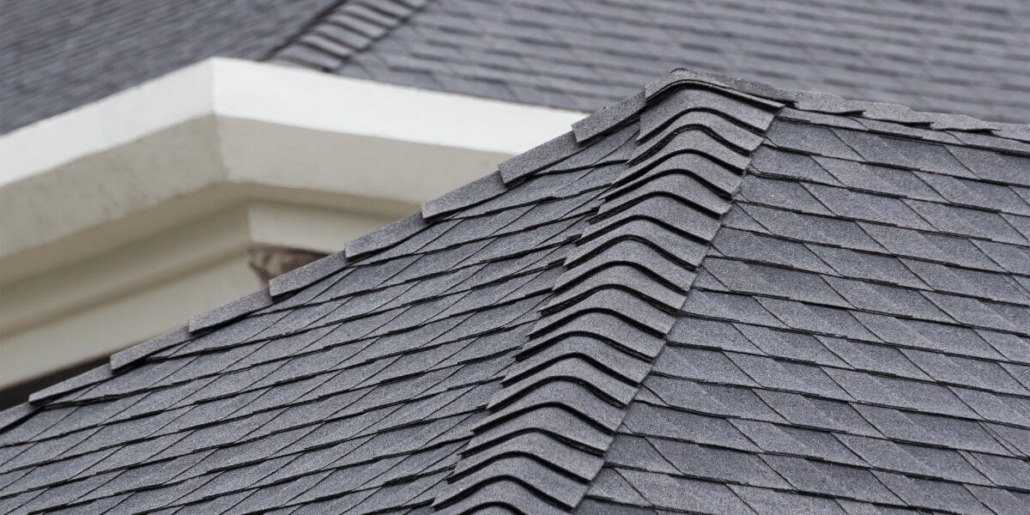Understanding Roofing Warranties
When it comes to investing in a new roof for your home in Northern Delaware, ensuring that you understand the warranty coverage is paramount. A roofing warranty provides essential protection and peace of mind, safeguarding your investment against unforeseen issues and defects.
In this article, we delve into the intricacies of roofing warranties, exploring the types of coverage available and what homeowners need to know when considering warranty options. With American Craftsmen, LLC, based in Northern Delaware, as our guiding example, we’ll navigate through the complexities of roofing warranties, empowering homeowners to make informed decisions and secure their home’s protection for years to come.
Types of Roofing Warranties: Understanding Your Options
In the realm of roofing warranties, homeowners encounter various options tailored to their specific needs and preferences. Understanding the different types of roofing warranties is essential for making informed decisions and securing comprehensive protection for your home.
- Manufacturer’s Warranty: Typically provided by the manufacturer of the roofing materials, this warranty covers defects in the materials themselves. It ensures that the roofing products meet certain quality standards and will perform as expected within a specified timeframe.
- Workmanship Warranty: Offered by the roofing contractor, this warranty guarantees the quality of the installation work. It covers issues arising from errors in installation, such as leaks or improper sealing, and typically lasts for a shorter duration compared to manufacturer warranties.
- System Warranty: This comprehensive warranty combines both the manufacturer’s warranty on the roofing materials and the contractor’s workmanship warranty. It provides homeowners with complete coverage for both material defects and installation issues, offering peace of mind for the entire roofing system.
- Extended Warranty: Some manufacturers offer extended warranties that prolong the coverage beyond the standard warranty period. These extended warranties may include additional benefits or coverage options, such as coverage for labor costs or prorated coverage over a longer period.
- Transferable Warranty: A transferable warranty allows homeowners to transfer the warranty coverage to subsequent owners if they sell their home within a certain timeframe. This feature can enhance the resale value of the home and provide reassurance to potential buyers.
By understanding the nuances of these roofing warranty options, homeowners can select the most suitable coverage to protect their investment and ensure the longevity of their roof.
Key Components of a Roofing Warranty: What’s Included?
A roofing warranty comprises several key components that outline the scope of coverage and the rights and responsibilities of both the homeowner and the warranty provider. Understanding these components is crucial for homeowners to ensure they receive adequate protection for their roofing investment.
- Coverage Details: The warranty should clearly specify what aspects of the roof are covered, including materials, workmanship, and specific defects. It should also outline any exclusions or limitations to the coverage, such as acts of nature or improper maintenance.
- Duration of Coverage: The warranty should state the duration of coverage, including any applicable timeframes for different components of the roof. This may include separate warranty periods for materials and workmanship, with varying lengths depending on the type of warranty.
- Repair or Replacement: The warranty should detail the procedures for addressing covered issues, whether through repair or replacement of defective materials or workmanship. It should specify who is responsible for covering the costs associated with repairs, including labor and materials.
- Proration: Some warranties may include proration clauses, which reduce coverage over time or based on certain conditions. Homeowners should understand how proration affects their coverage and what steps they need to take to maintain full coverage under the warranty.
- Transferability: Certain warranties may be transferable to subsequent homeowners if the property is sold within a specified timeframe. Understanding whether the warranty is transferable and any associated requirements can be important for homeowners planning to sell their home in the future.
By carefully reviewing these key components of a roofing warranty, homeowners can ensure they have a clear understanding of their coverage and rights under the warranty agreement. This knowledge empowers homeowners to make informed decisions when selecting a roofing warranty and to effectively navigate any warranty claims or issues that may arise during the lifespan of their roof.
Warranty Coverage Periods: How Long Does Your Protection Last?
The duration of warranty coverage is a crucial factor for homeowners to consider when evaluating roofing warranties. Understanding the length of protection provided by a warranty helps homeowners gauge the longevity of their roof’s coverage and plan for future maintenance or repairs accordingly.
- Manufacturer’s Warranty Period: Manufacturer warranties typically vary in duration depending on the type of roofing materials and the brand. Commonly, manufacturer warranties for roofing materials range from 20 to 50 years, although some premium products may offer longer coverage periods. Homeowners should carefully review the terms of the manufacturer’s warranty to ascertain the specific duration of coverage for their roofing materials.
- Workmanship Warranty Period: Workmanship warranties provided by roofing contractors typically have shorter durations compared to manufacturer warranties. These warranties may range from one to ten years, with the length often dependent on factors such as the contractor’s reputation and the complexity of the roofing project. Homeowners should inquire about the duration of the workmanship warranty offered by their contractor and ensure it aligns with their expectations for long-term protection.
- System Warranty Period: System warranties, which combine coverage for both materials and workmanship, may offer a comprehensive protection period that spans the duration of both the manufacturer’s warranty and the contractor’s workmanship warranty. This integrated coverage ensures seamless protection for the entire roofing system throughout its lifespan.
- Proration and Coverage Reduction: Homeowners should be aware of any proration clauses in their warranty agreements, which may reduce coverage over time or under certain conditions. Understanding how proration affects the duration of coverage allows homeowners to anticipate potential changes in their warranty protection and plan for any necessary maintenance or repairs accordingly.
By clarifying the duration of warranty coverage and considering factors such as proration and coverage reduction, homeowners can make informed decisions when selecting a roofing warranty and ensure they have adequate protection for their investment in their home’s roofing system.
Common Warranty Exclusions: What’s Not Covered?
While roofing warranties offer valuable protection, it’s essential for homeowners to understand the limitations and exclusions that may apply. Common warranty exclusions vary depending on the type of warranty and the specific terms outlined in the agreement.
Typically, warranties do not cover damage caused by natural disasters such as hurricanes, earthquakes, or other acts of nature beyond the control of the homeowner or contractor. Additionally, warranties may exclude damage resulting from improper installation, lack of proper maintenance, or modifications made to the roof without approval from the manufacturer or contractor.
Normal wear and tear, including cosmetic issues such as fading or discoloration of roofing materials, may also be excluded from coverage. Understanding these common warranty exclusions helps homeowners manage their expectations and take proactive measures to prevent issues that may not be covered under their warranty.
It’s important for homeowners to carefully review the terms and conditions of their roofing warranty to ensure they fully understand what is and isn’t covered.
Making the Most of Your Roofing Warranty: Tips for Homeowners
To maximize the benefits of your roofing warranty, homeowners can follow several key tips to ensure they get the most out of their coverage. First and foremost, it’s essential to maintain regular inspections and routine maintenance on your roof to identify any potential issues early on. By promptly addressing small problems, you can prevent them from escalating into larger, more costly issues that may not be covered by your warranty.
Additionally, homeowners should keep detailed records of all maintenance and repairs performed on their roof, including dates, invoices, and receipts. This documentation serves as valuable evidence in the event of a warranty claim and can help expedite the claims process.
It’s also advisable to hire reputable, licensed roofing contractors for any repairs or maintenance work to ensure that the warranty remains valid. Finally, homeowners should familiarize themselves with the terms and conditions of their warranty, including any exclusions or limitations, to understand their rights and responsibilities under the agreement.
By following these tips, homeowners can make the most of their roofing warranty and ensure long-term protection for their home’s roof.
Conclusion
Understanding the intricacies of roofing warranties is essential for homeowners looking to protect their investment and ensure the longevity of their roof. By delving into the types of coverage available, including manufacturer warranties, workmanship warranties, and system warranties, homeowners can select the most suitable option to meet their needs. Additionally, being aware of the duration of coverage, common exclusions, and proration clauses allows homeowners to manage their expectations and plan for future maintenance or repairs accordingly.
While roofing warranties offer valuable protection, homeowners can further maximize their benefits by following key tips. Regular inspections and maintenance, meticulous record-keeping, hiring reputable contractors, and understanding the terms of the warranty all contribute to making the most of the coverage provided.
Ultimately, by arming themselves with knowledge and taking proactive measures, homeowners can ensure that their roofing warranty provides comprehensive protection for their home’s roof, offering peace of mind for years to come.






Leave a Reply
Want to join the discussion?Feel free to contribute!